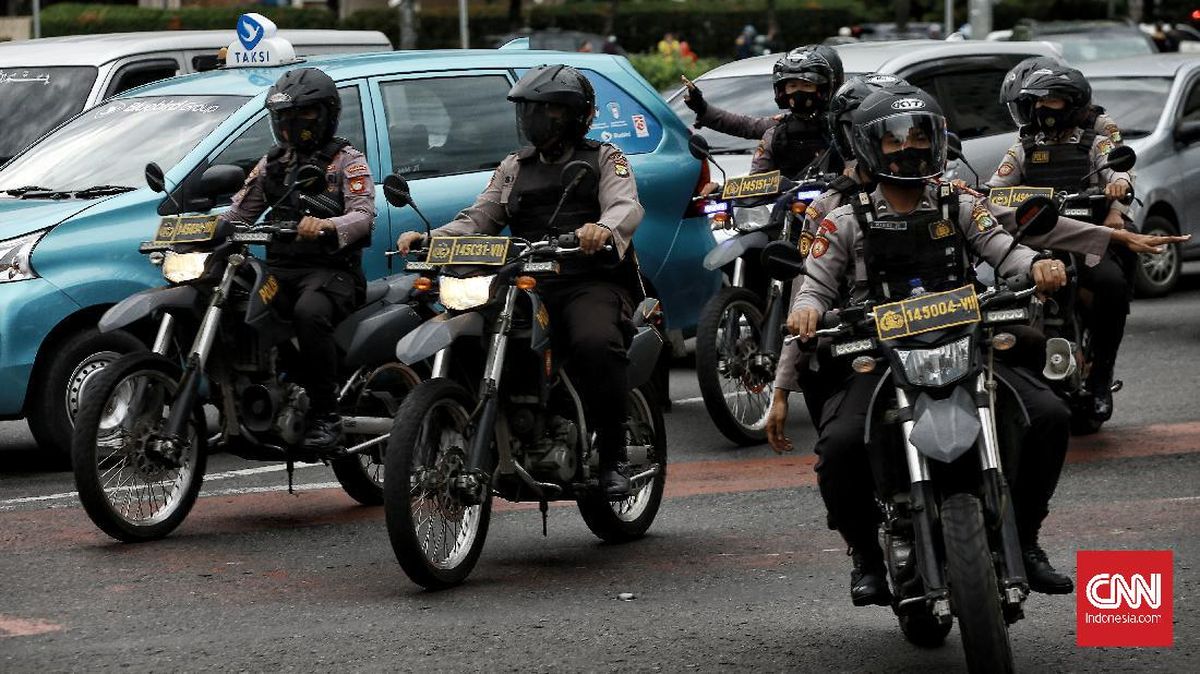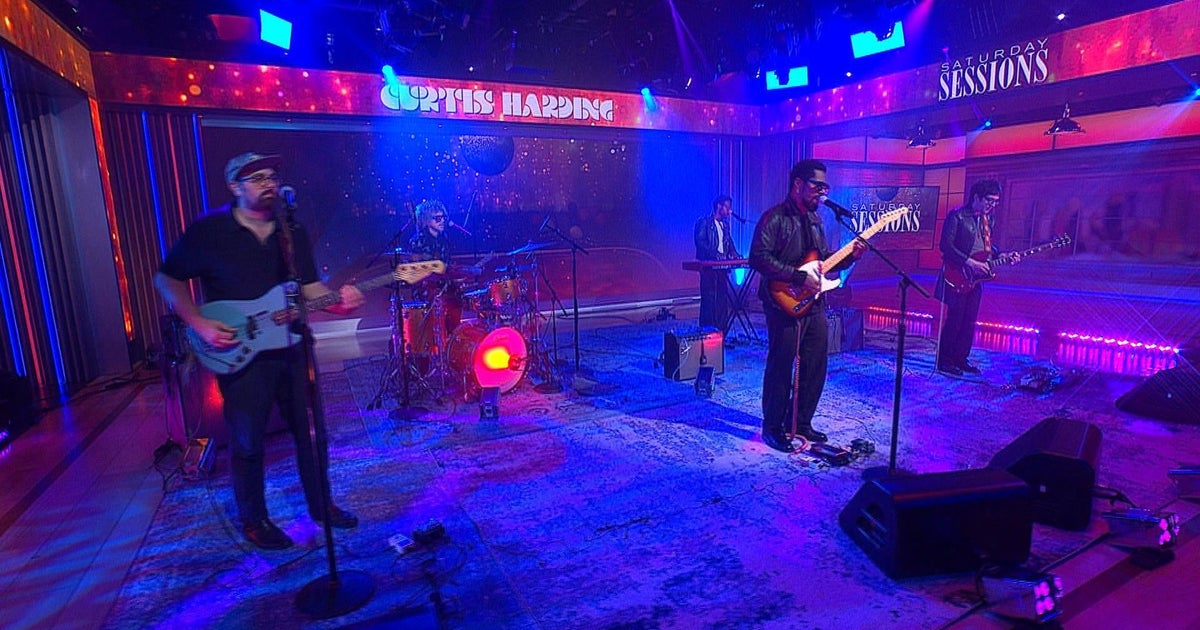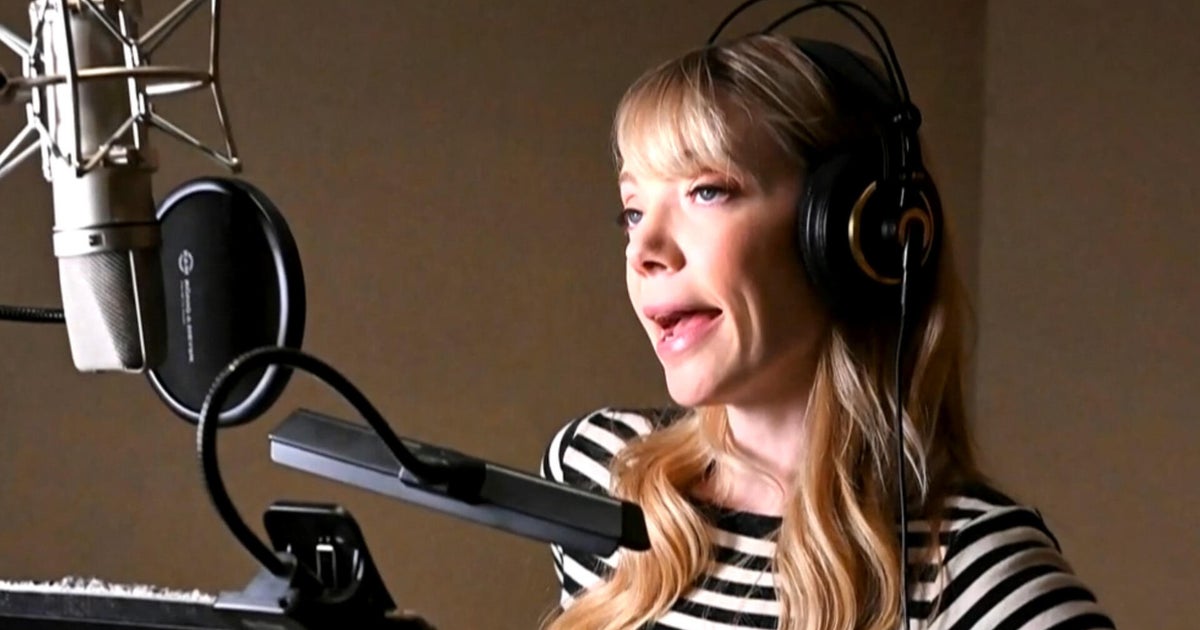In this column, we deliver hot (and cold) takes on pop culture, judging whether a subject is overrated or underrated.
By David Free
September 13, 2025 — 5.30am
Officially, Franz Kafka’s finest novel, The Trial, turns 100 this year. Unofficially, the book is a little older than it lets on. Kafka abandoned work on it in 1915, deeming it unfit for publication. A fanatically self-critical man, he published only a handful of novellas and short stories in his lifetime. He dismissed his longer efforts, including The Trial, as “bungled pieces of work”. Shortly before he died in 1924, Kafka left instructions for his unpublished works to be “burned unread and to the last page”.

The Trial by Franz Kafka was published in 1925.
Fortunately for the world, Kafka’s literary executor, Max Brod, disobeyed his friend’s orders. Among Kafka’s papers Brod found three more-or-less complete novels: Amerika, The Trial and The Castle. In the years immediately following Kafka’s death, Brod licked the manuscripts into publishable shape, starting, in 1925, with The Trial.
Most critics feel that Kafka did his best work in shorter forms – especially in his famous novella The Metamorphosis, whose protagonist, Gregor Samsa, wakes up one morning to find himself “transformed in his bed into a gigantic insect”.
I would argue, unfashionably, that The Trial is Kafka’s masterpiece. The book’s tone is set by its ominous opening sentence. “Someone must have been telling lies about Joseph K., for without having done anything wrong he was arrested one fine morning.”
Kafka’s characters don’t have nightmares and then wake up. They wake up and find themselves living in nightmares. In The Metamorphosis, the nightmare goes on for 50 pages. In The Trial it goes on for 200.

Franz Kafka (July 3, 1883 - June 3, 1924) in one of his last photographic portraits.Credit: Getty Images
Why is K. being arrested in his own bedroom? Even the warders who’ve come for him don’t know. They’re acting on behalf of a higher authority. When K. protests his innocence, he’s warned that resistance is counterproductive. “Don’t make such an outcry about your feeling innocent,” he’s told, “it spoils the not unfavourable impression you make in other respects.”
Meanwhile, K.’s plight keeps acquiring weird new dream-like details. In the window of a building across the street, a small crowd gathers to witness his humiliation. As he looks for his identity papers, he hears “a shout from the warders, who were sitting at a table by the open window and, as he now saw, devouring his breakfast”.
Most writers would lay a bit more stress on this bizarre development. Kafka throws in the surreal detail casually, in deadpan prose, exactly the way your unconscious, in a dream, will give the action a sudden arbitrary twist. No other writer has so uncannily got the atmosphere of a bad dream on to the page. The effect is both comic and unsettling. The more these dream-like developments pile up, the clearer it becomes that K. (and you) have entered a world where sane logic no longer applies.
Kafka was raised by a tyrannical bully of a father, who saddled his son with a lifelong sense of inferiority and dread. In The Metamorphosis, Kafka found a striking supernatural metaphor for his sense of unworthiness. His father had made him feel like a repulsive bug, so Kafka created a character who literally becomes a repulsive bug.
In The Trial, he found a more mundane and plausible metaphor for his condition: the image of a man who wakes up, one fine morning, to find himself placed under arrest for no reason.
This image resonated far more broadly than Kafka would have wished. When Kafka died in 1924, Joseph Stalin had only just assumed power in Russia, and Adolf Hitler was almost a decade away from assuming power in Germany. But somehow Kafka’s novel managed to describe, in advance, the institutionalised brutality of 20th-century totalitarianism.
In Moscow in 1934 – ten years after Kafka’s death – the Russian poet Osip Mandelstam was arrested in his apartment by Stalin’s secret police, after making the fatal mistake of mocking Stalin in an unpublished poem.
In her memoir Hope Against Hope, Mandelstam’s wife Nadezhda recalled the grotesque chumminess of one of the arresting officers. “As he went through [our] books he admired the old bindings and kept telling us we should not smoke so much. Instead, he offered us hard candy from a box which he produced from the pocket of his uniform trousers.”
Loading
That moment could have been lifted straight from The Trial. This is the doubly uncanny thing about Kafka’s novel. It isn’t just uncanny in itself, in the dream-like texture of its prose. It uncannily predicted scenes that would soon be taking place over half of Europe.
How did Kafka achieve this feat of clairvoyance? As a hypersensitive man raised by a cruel philistine, he knew that power and human mediocrity can be a nightmarish mix. He knew that state tyranny is an eternal danger, because states are run by human beings, and human beings have an eternal capacity to be petty, resentful and cruel. As long as the world’s leaders are made of humble human material, The Trial will remain scarily relevant.
The Booklist is a weekly newsletter for book lovers from Jason Steger. Get it delivered every Friday.
Most Viewed in Culture
Loading


















































